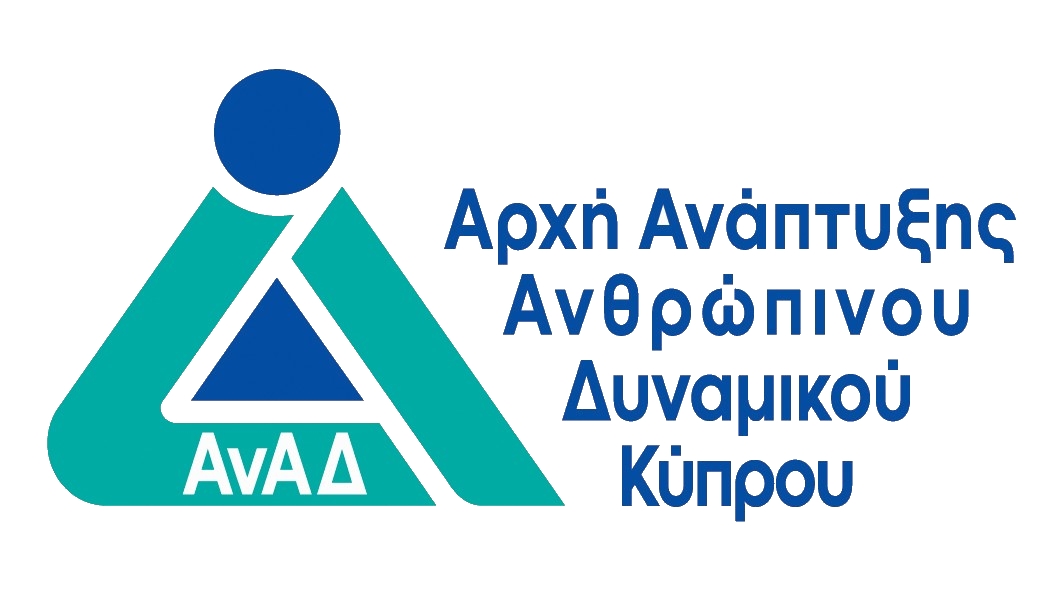
Environmental, Social, and Governance (ESG) Internal Audit
- Οργάνωση/ Διοίκηση/ Ηγεσία - Ενέργεια/ Α.Π.Ε./ Περιβάλλον

ΠΕΡΙΓΡΑΦΗ
Environmental, social, and governance (ESG) considerations have become one of the most pressing elements within the financial markets landscape, driven by both investor demand and regulatory scrutiny it can be tempting to think of ESG as limited to the environment and climate change.
But it is so much more than that: covering everything from social issues such as a business’s operating practices towards labour, talent, product safety, data privacy and managing cyber threats, to governance issues like board diversity, executive pay, and business ethics, and everything in between.
Independent investors and financial institutions use the ESG scores as a proxy to determine the returns of the company and its risks. Higher ESG scores translate into better opportunities and healthy profits. ESG scores help enterprises create more sustainable solutions and attract greater talents.
One of the significant benefits of achieving high ESG performance is its positive influence on financial factors. Improved financial performance, reflected in accounting statements and stock returns, directly contributes to the firm’s value calculation, resulting in higher shareholder value.
ΣΚΟΠΟΣ ΣΕΜΙΝΑΡΙΟΥ
The programme is designed to enable ESG (Environmental, Social, and Governance) audits that are becoming increasingly critical for companies to demonstrate their commitment to sustainable practices and responsible business operations.
The objectives of the program are to:
- Explain what ESG is and describe the historical background of how ESG originated.
- Identify and describe the three factors of ESG.
- Describe the current ESG reporting standards and how they can apply to your organization.
- Assess how to evaluate good corporate ESG performance.
- Describe ESG factors from an investor’s and consumer’s perspective.
ΣΕ ΠΟΙΟΥΣ ΑΠΕΥΘΥΝΕΤΑΙ
- Chief Audit Executives
- Internal Audit Units personnel (inspectors, internal auditors)
- Regulators
- External auditors
- Board/Audit Committee members
- Compliance Heads and officers
ΠΕΡΙΣΣΟΤΕΡΕΣ ΠΛΗΡΟΦΟΡΙΕΣ
Training Outline
- Introduction to ESG
- ESG Definitions
- ESG key issues
- Responsibility for ESG
- ESG business activities
- ESG reporting
- Environmental risks
- Climate change
- What is climate change risk?
- List of questions that Audit and Risk Assurance Committees can ask
- Climate change related risks
- Questions to Internal Audit Stakeholders about ESG
- Questions to Internal Auditors about ESG
- Assurance services for ESG
- ESG environmental considerations (Climate change, Carbon emissions, Energy use, Renewable energy, Pollution, Natural resource conservation, Treatment of animals, Land contamination, Water treatment and usage, Waste disposal, Deforestation)
- ESG social considerations (Human capital, Health and safety, Supply chain labour standards, Training Social capital (e.g. data security and privacy), Product quality and safety, Ethics, Supplier relationships, Local community support, Working conditions, Family values)
- ESG Governance considerations (Corporate responsibility, Anti-corruption measures, Executive pay/remuneration, Audits, Shareholder rights, Transparency, Avoidance of conflicts of interest, Political independence, Board level oversight, Accountability)
- Why is ESG important?
- The Paris Climate Agreement
- The UN’s Agenda 2030
- EU directives and regulations, implementation timeline
- The EU Taxonomy regulation
- Reporting Requirements
- How can auditors evaluate corporate social responsibility/sustainable development
- Audit approaches to evaluating social responsibility
- Internal Audit Considerations
- Internal audit Program Development
- Auditing by element
- Auditing by Stakeholder Group
- ESG Audit Checklist
Training Style
The programme is designed to provide knowledge and improve participants’ skills through short lectures, case studies, practical examples and real-time simulations. Participants will also benefit from feedback at the end of the programme and will use the knowledge gained in their work.
CPD Recognition
This programme may be approved for up to 7 CPD units in Internal Audit. Eligibility criteria and CPD Units are verified directly by your association, regulator or other bodies which you hold membership.
Πληροφορίες Εκπαιδευτή
Αναλυτικό Κόστος Σεμιναρίου
Για Δικαιούχους ΑνΑΔ
- € 270.00
- € 140.00
- € 0.00
- € 130.00
- € 130.00
Για μη-Δικαιούχους ΑνΑΔ
- € 270.00
- € 0.00
- € 51.30
- € 270.00
- € 321.30
ΠΡΟΓΡΑΜΜΑ ΣΕΜΙΝΑΡΙΟΥ
Πέμπτη - 26 Ιουν 2025
Ώρα
09:00 - 12:45
ΕΚΠΑΙΔΕΥΤΗΣ:
Κωνσταντίνος ΤριανταφυλλίδηςΤοποθεσία:
OnLine Virtual Classroom
Παρασκευή - 27 Ιουν 2025
Ώρα
09:00 - 12:45
ΕΚΠΑΙΔΕΥΤΗΣ:
Κωνσταντίνος ΤριανταφυλλίδηςΤοποθεσία:
OnLine Virtual Classroom
 Ελληνικά
Ελληνικά  English
English



 Αγγλικά
Αγγλικά
 7 ώρες
(
2 μέρες
)
7 ώρες
(
2 μέρες
)













